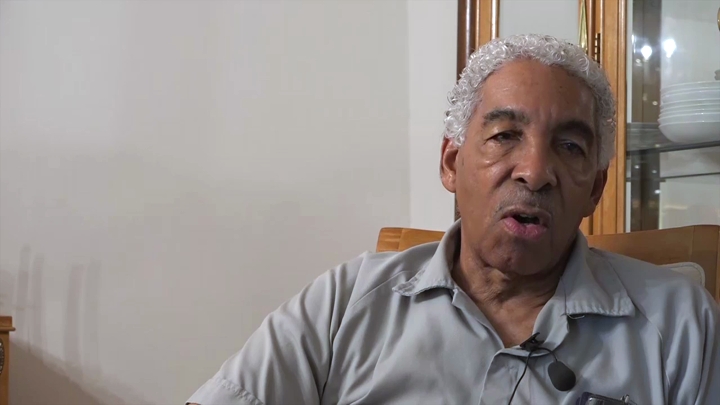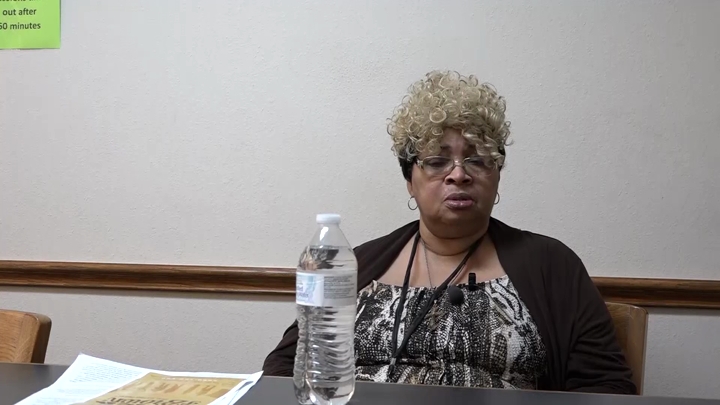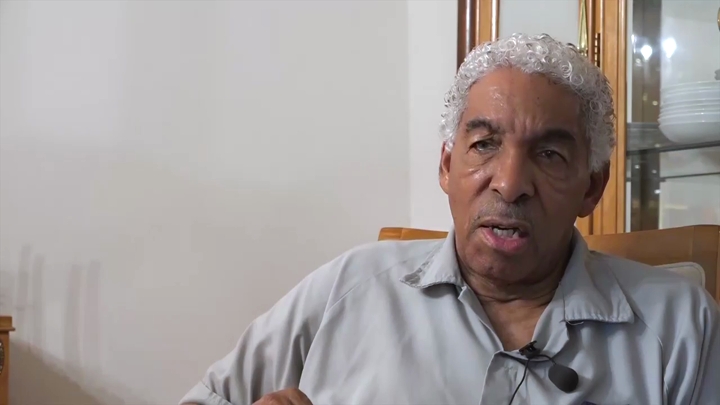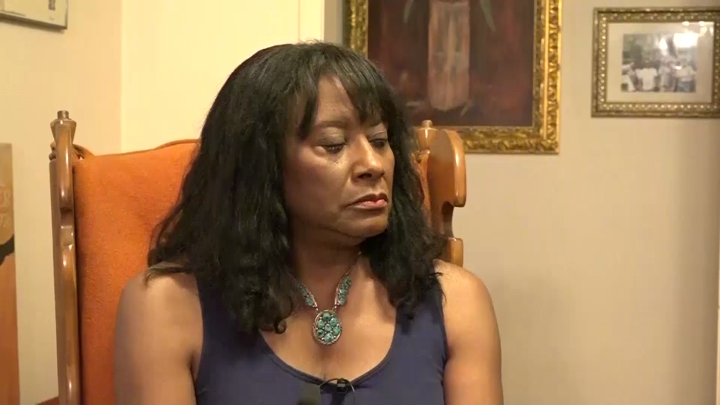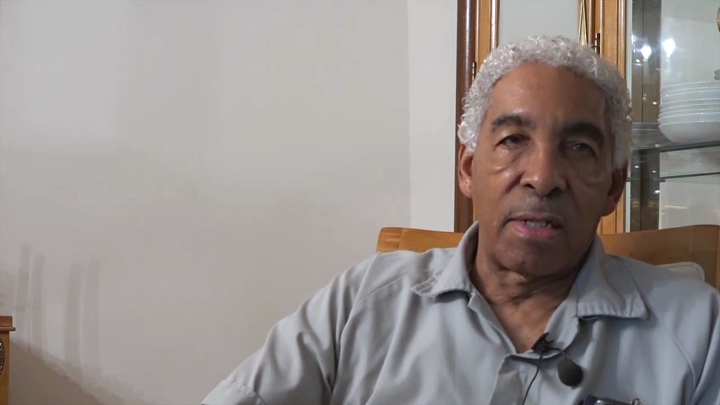Cross / Lufkin Schools
sign up or sign in to add/edit transcript
Interviewer: Outside of the schools, do you remember seeing any kind of activism? Particularly during the Civil Rights movement. Cross: I can’t recall. I can’t recall just right off here. Interviewer: Alright, do you have anything else that you want to make sure we down? Cross: I was trying to think of something else. There’s one thing I’ll mention, about which I thought that they did a teacher wrong. His name was Mr. Strong. Hal Strong and he was an ag teacher. He thought he was ladies’ man, you know, you got these men that think I’m the ladies’ man. He was always hitting on some teacher or something. He had asked some white teachers for a coke or a coffee or something and they turned him down, but they didn’t go tell the principal or anything. I’m there, so. Then one of the other teachers, I think she was jealous because he had never asked her out. She went and told the principal that Mr. Strong had been hitting on some of the teachers. Well he called them all in and it was funny that day because he had been in his office all day and I’m saying, “What is he doing?” Then at the end of the day he said, “Come on in I’ll bring you up to date.” I went in his office and he said, “I fired Mr. Strong today because he had asked some teachers—married women to have some coffee and things.” I said, “Well, did any of them go out with him?” He said no. I said, “And you fired him?” He said yes. (video breaks) Cross: Then he had fired Mr. Strong. Then, one of the teachers, I’m not going to call her name. She came in my office just crying and said she didn’t know the man was going to get fired. Didn’t do nothing but talk to her, but the principal had each one of the women to write a statement and she said she wouldn’t have written a statement if she’d have known he was going to get fired. So, then he filed suit against them in federal court in Tyler. Now, every day, I had to ride with a principal, assistant principal, and one of the teachers whose daughter he had asked out, and myself. We all got all the way up there and I’m saying that’s a personal matter. Her husband need to—why are we dealing in all this personal matter. She can take care of herself. A woman can put a man in her place anytime she want to and if they didn’t say anything, they didn’t come tell you, so I said you should have let it go. The woman that told you what was happening, he had never said anything to her. So, you should have left it alone. It was personal, and they didn’t say anything. They didn’t tell it so that means they must have liked him hitting on them if they didn’t say anything. Any woman can put a man in his place any time. So, I said you should have left that alone. So, we arguing all the way to Tyler. They paying all my expense. My transportation and all my meals and everything, and I’m going to testify against them. I don’t know how that happened, but anyway, he won the suit. They had to pay him back pay and all that stuff, but they wouldn’t let him go to the high school again because they figured one of the teacher’s husbands or something—so he taught in Orange, TX.
| Interview | Interview with Herbert Cross |
| Subjects | Work › Discrimination at Work › Discrimination at Work: Race and Ethnicity |
| Race Relations › Black-White Race Relations | |
| Education › Secondary Education | |
| Education › Teachers and Administrators | |
| Court Cases | |
| Tags | Dunbar High School, Lufkin, TX |
| Lufkin High School, Lufkin, TX | |
| Lufkin ISD | |
| Strong, Harold | |
| sign up or sign in to add/edit tags | |
| Interview date | 2016-06-20 |
| Interview source | CRBB Summer 2016 |
| Interviewees | Cross, Herbert |
| Interviewers | May, Meredith |
| Locations | Lufkin, TX |
| Duration | 00:05:18 |
| Citation | "Lufkin Schools," from Herbert Cross oral history interview with Meredith May, June 20, 2016, Lufkin, TX, Civil Rights in Black and Brown Interview Database, https://crbb.tcu.edu/clips/2411/the-firing-of-a-teacher, accessed March 04, 2026 |


